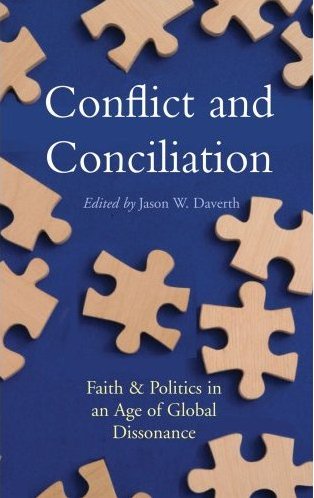Plagarized thoughts on NYPD surveillance
I’ve been trying to find time to express my feelings about the NYPD spying on peaceful protest groups but have been to busy to articulate my thoughts. Fortunately for me, Julian Sanchez has saved me the trouble:Â
 It would be disturbing is if the city's keeping dossiers on peaceful people's political activities, and Lindsay Beyerstein is certainly right that the city shouldn't be able to block the release of records from that surveillance on the grounds that some of us might find it newsworthy. But I also don't think it's hugely problematic in principle for police to be attending public meetings or following public message boards to get some sense of how a major event like this is likely to unfold.Â
It would be disturbing is if the city's keeping dossiers on peaceful people's political activities, and Lindsay Beyerstein is certainly right that the city shouldn't be able to block the release of records from that surveillance on the grounds that some of us might find it newsworthy. But I also don't think it's hugely problematic in principle for police to be attending public meetings or following public message boards to get some sense of how a major event like this is likely to unfold.Â
I can, however, think of at least one way in which this sort of practice might be counterproductive from the police's own perspective. Even completely peaceful protest groups will sometimes be planning acts of civil disobedience that are essentially harmless but technically illegal. If you create the expectation that these groups are invariably going to be monitored or infiltrated, their natural response is going to be to adopt a more closed structure, limit membership to known, committed activists, cultivate a stronger us-versus-them mentality, and so on. And it's a well established phenomenon that if you gather a group of like-minded people and close them off from moderating external feedback, they will over time become more extreme than the median group member was at the outset. Encouraging that tendency seems likely to promote lawless or violent forms of protest, not preempt them.Â
Sanchez reminds me of JFK warning that “those who make peaceful revolution impossible will make violent revolution inevitable.â€Â And if we open our minds a little to this kind of reasoning, we may gain some insight into the process from which terrorists emerge.









